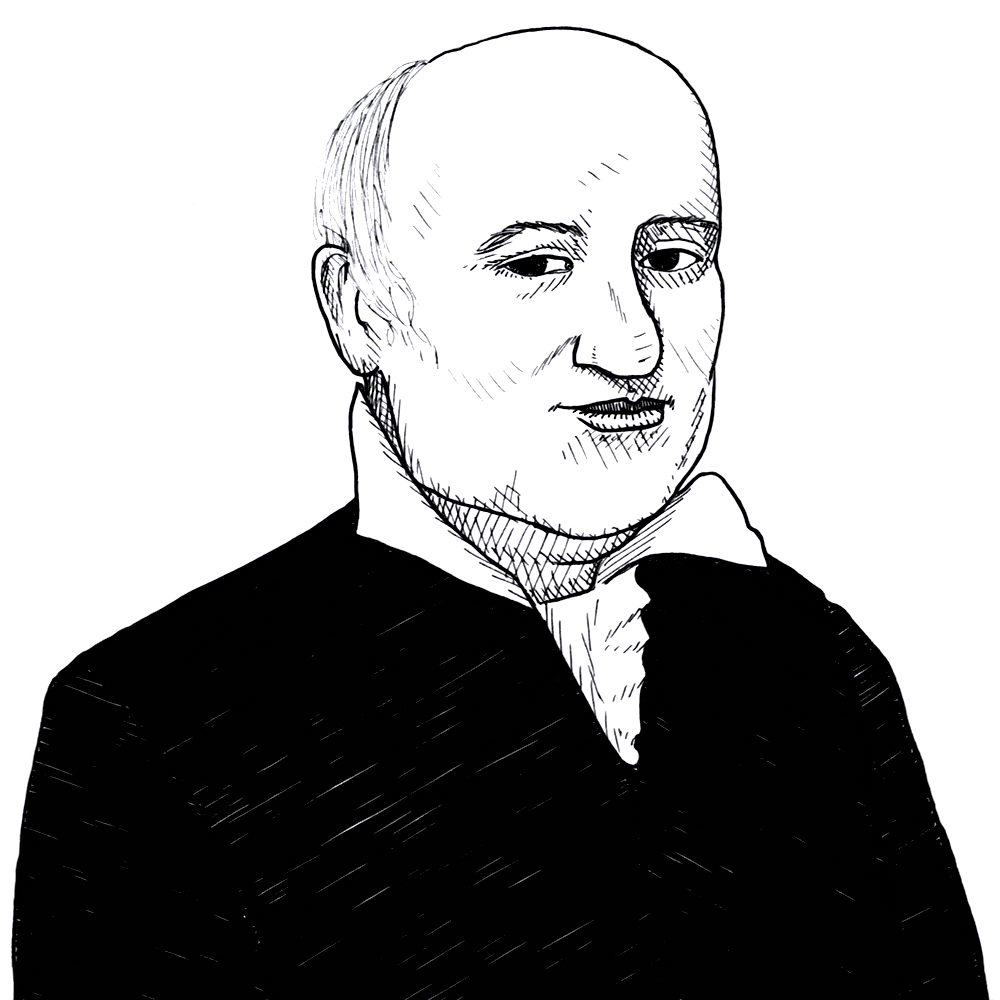
William Godwin on the need to simplify and reduce the power of the state (1793)
Found in: An Enquiry Concerning Political Justice, Vol. II.
The English radical political philosopher and novelist William Godwin (1756-1836) thought that human beings were not naturally “vicious” but were made so by complex political institutions which rewarded predatory behavior:
The State
But this necessity (to resort to violence) does not arise out of the nature of man, but out of the institutions by which he has already been corrupted. Man is not originally vicious. He would not refuse to listen, or to be convinced by the expostulations that are addressed to him, had he not been accustomed to regard them as hypocritical, and to conceive that, while his neighbour, his parent and his political governor pretended to be actuated by a pure regard to his interest, they were in reality, at the expence of his, promoting their own. Such are the fatal effects of (political) mysteriousness and complexity.